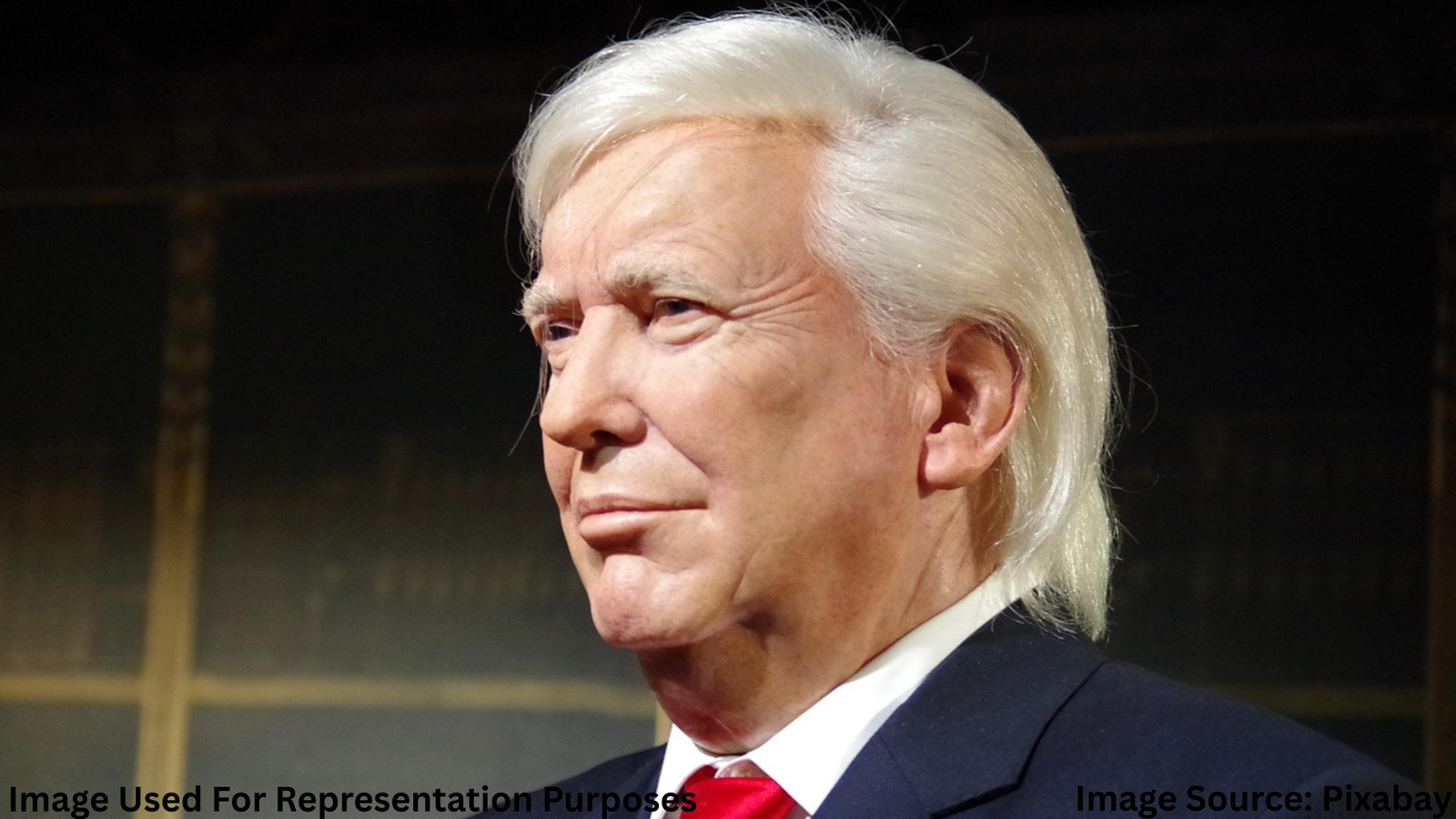
The Bold Announcement
Trump gives Russia ultimatum — the phrase itself packs enough heat to spark global debate. During a campaign rally in Pennsylvania last week, former President Donald Trump dropped a geopolitical bombshell. With all the confidence of a seasoned showman, he declared that if elected in 2024, he would give Russia **less than two weeks** to end its war in Ukraine or face what he described as “serious consequences.”
The statement, while dramatic, is vintage Trump — provocative, unpredictable, and polarizing. But what does it mean for the war in Ukraine, for NATO, and for the rest of the world? Can a single ultimatum really change the trajectory of a brutal conflict?
Trump’s Rhetoric on Foreign Policy
Trump has long fashioned himself as the “deal-maker” president, boasting about his unique ability to broker peace through strength. His campaign speeches consistently return to the idea that global leaders “listen to him” because they “respect his power.” This new ultimatum is part of that branding. Yet, unlike past statements, this one sets a firm deadline — less than two weeks — a strategy that could destabilize fragile diplomatic channels.
For example, Trump has repeatedly claimed that he could have “ended the war in Ukraine in 24 hours” if he had been in office. Critics view these claims as unrealistic, while his supporters see them as evidence of bold leadership lacking in the current administration.
Why This Ultimatum Matters
Ultimatums in international politics are tricky. They often signal strength but can backfire if not backed with credible actions. When NATO hears a U.S. presidential candidate issue an ultimatum to Russia, the implications ripple far beyond American borders.
Trump’s Ukraine Warning Sparks Global Tensions and Election Drama
Ukrainian President Volodymyr Zelenskyy, though not officially responding, is undoubtedly watching closely. Meanwhile, Russian state media framed Trump’s remarks as an opportunity for Russia to negotiate from a stronger position should he return to office.
Historical Context: Trump and Putin
The relationship between Trump and Vladimir Putin has always been subject to intense scrutiny. While Trump has denied being overly sympathetic to the Russian leader, his past comments have raised eyebrows. His administration maintained sanctions, yet his tone toward Putin was often described as “soft” compared to traditional Western stances.
This new ultimatum complicates that narrative. On one hand, it challenges Putin directly. On the other, it bypasses Ukraine’s sovereignty by making its peace process dependent on American political dynamics — a controversial approach to say the least.
Personal Reflection: America’s Divided Response
As someone who grew up watching presidential addresses with my grandfather — a Vietnam veteran — I can’t help but feel uneasy. Bold leadership is necessary, yes. But when threats are issued without specifics, the stakes grow even higher.
I recently spoke with a friend deployed in Eastern Europe. “We’re not just pawns in a chess game,” he said. That stuck with me. The decisions made in campaign speeches echo in the lives of real people on the ground.
Biden’s Silent Stance
President Joe Biden hasn’t directly addressed Trump’s latest remarks. His administration continues to focus on multilateral support for Ukraine, avoiding overtly political reactions. Still, silence has its consequences. For voters, the contrast between Biden’s caution and Trump’s bravado could shape perceptions in the upcoming election.
International Reactions
European leaders are taking notice. The French foreign ministry called Trump’s ultimatum “dangerously simplistic,” while Germany emphasized the need for sustained diplomatic pressure. NATO Secretary General Jens Stoltenberg, in a BBC interview, said, “Strong statements without commitment can undermine stability.”
Meanwhile, countries like Poland and the Baltic States worry Trump’s tone may embolden Russian aggression, particularly if it signals a reduction in long-term American military support.
Media Coverage and Political Strategy
Cable news outlets jumped on the story, with commentators from CNN to Fox News framing it as either a sign of Trump’s decisive leadership or another example of reckless diplomacy. But one thing is clear: this statement is part of a calculated effort to differentiate himself from Biden, particularly on foreign affairs.
Political strategists note that foreign policy rarely drives voter turnout. Yet in this cycle, with rising global tensions and war fatigue, it could very well become a centerpiece issue — especially with such provocative soundbites dominating headlines.
Final Thoughts and What to Watch
Whether or not one supports Trump, the phrase “Trump gives Russia ultimatum” now represents a key moment in the 2024 campaign. It’s a line in the sand — one that could reshape global alliances or simply add more chaos to an already polarized landscape.
What happens next depends not just on Trump’s words, but on how the world chooses to respond. Is this the start of a new kind of diplomacy? Or just another headline in a storm of political theatre?
Either way, leaders across the globe — and voters at home — will be watching closely.

Akalumhe Jefferson is a content writer with a new found interest for crafting engaging stories that transport readers to new worlds. Although no current actual background in creative writing but there’s active love for writing



